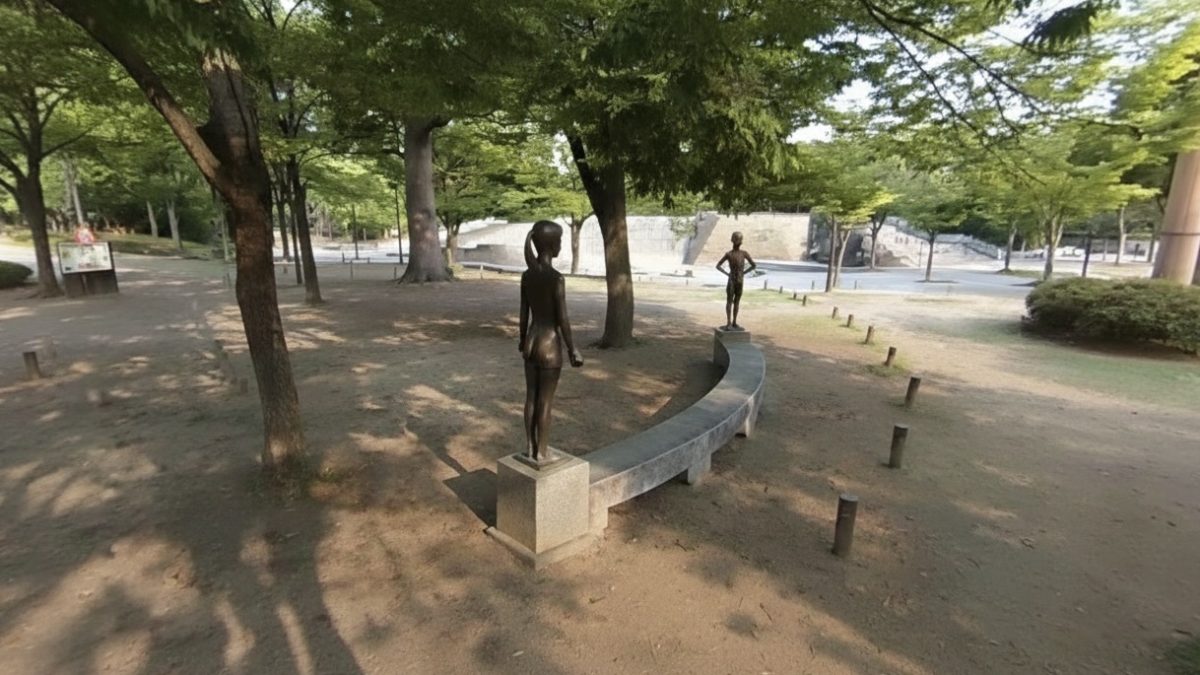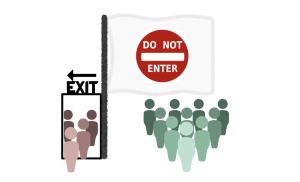Echo-chambers of online activism are drowning out voices
June 9, 2021
Repost after repost after repost. What’s going on, how to be an ally, and how to help. For Generation Z, activism has taken on a new form through social media. In the year of Black Lives Matter, Capitol riots, Sarah Everard, Asian-American violence, the pandemic, and more, our social media feeds have been filled with informative posts on social issues that demand our attention. Our social media presence has always been a measure of our virtue, but with our lives centralizing around it even more, it is exacerbating the emphasis placed on our online actions as a representation of our morals.
The repeated sharing of information within social circles culminates in an echo-chamber of online activism that manifests as silent peer pressure. Sometimes, reposts are shared with guilt-tripping words like “it only takes a second to share,” and “I can see who ignores this.” For teenagers online, we are consumed by what this means: would they think I was racist if I didn’t repost this?
As students of an international school in Japan, our cultures, backgrounds, and religion are diverse; we all share a rather liberal viewpoint, however, making political correctness a social standard in our community, in person and online. Consequently, the peer pressure to maintain our political correctness brings the majority of us to indulge ourselves in shallow clicktivism, blindly reposting the same informational posts that all of our friends have shared. The saturation of our online platforms acts as a broken record of social injustices, leading to many subconsciously tuning them out.
Some say that social pressure stimulated through performance activism is the only way we can change as a group, judging those who do not conform: however, as quoted in an article on BBC, Barack Obama argues that this is “…not activism. That’s not bringing about change. If all you’re doing is casting stones, you’re probably not going to get that far.”
So how can we break out of this pattern of media saturation?
Chances are that if the social circles we are involved in are only circulating such posts due to a sense of obligation, it will soon diminish. With apps such as Instagram that revolve around hooking their users by connecting them to their social circles, peer pressure is hard to avoid, but spaces that encourage activism beyond awareness without this peer pressure may be crucial to productive online activism.
Online activism would be better achieved through platforms that could effectively organise and connect people to events in their area, or that include a section dedicated to facilitating actual action by users. A few platforms such as We Don’t Have Time already exist as sources of reliable information on the climate crisis as well as an interface on which people can collaborate to build concrete solutions. The app is focused on climate issues and allows users to promote their own ideas and events, as well as provide “climate reviews”, demands for change from organizations and companies, to show support. Shifting from social media to platforms solely dedicated to online activism limits the peer pressure that stems from being virtually connected to your real life social circles.
However, in reality, it will take a long time for users to make the switch from the familiar apps of Instagram or Twitter to these possible solutions. Until then, we can be the ones who maintain our activism online through a true desire to help and inform, being selective in what we share. Because in many ways that’s just as important as what is not shared. Of course, that’s not to say we must fall silent in order to amplify the voices of others; by sharing meaningful experiences, opinions, and useful resources people are not yet aware about, we can harness the full potential of our presence online.





























































